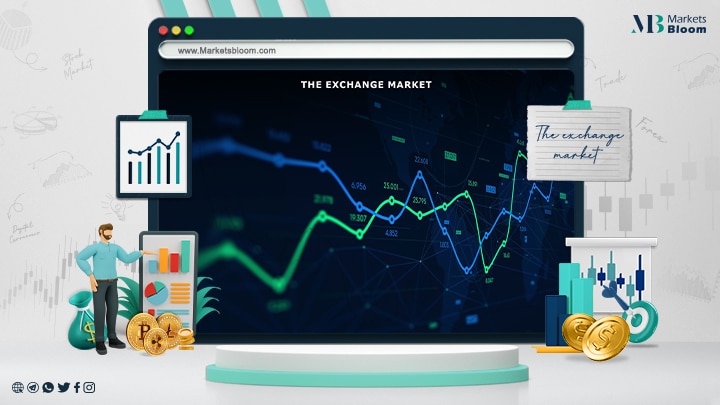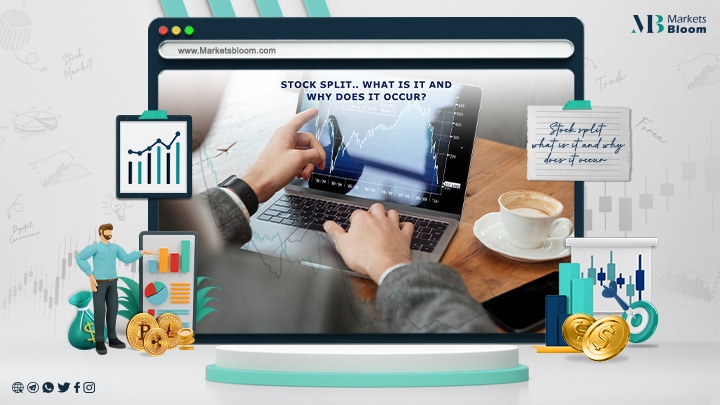Forex Trading vs. Stock Trading: Understanding the Key Differences

When it comes to investing in financial markets, two primary options stand out: forex trading and stock trading. While both offer opportunities for profit, they differ significantly in various aspects. Let’s delve into the key differences between forex trading vs. stock trading to help investors make informed decisions.
Market Accessibility:
One of the most notable differences between forex trading vs. stock trading is market accessibility. Forex trading operates in a decentralized global market where currencies are traded 24 hours a day, five days a week. in contrast, stock trading occurs on centralized exchanges such as the New York Stock Exchange (NYSE) or NASDAQ, with specific trading hours. Thus, forex trading offers greater flexibility and accessibility to investors who prefer round-the-clock trading.
Asset Class: Forex Trading vs. Stock Trading
Another significant difference lies in the asset class being traded. forex trading involves the buying and selling of currencies, with currency pairs representing the relative value of one currency against another. On the other hand, stock trading involves the buying and selling of shares of publicly traded companies. While forex trading focuses on currency pairs, stock trading allows investors to participate in the ownership of individual companies.
Market Liquidity: Forex Trading vs. Stock Trading
Liquidity refers to the ease with which an asset can be bought or sold without significantly impacting its price. In the comparison of forex trading vs. stock trading, the forex market is generally more liquid due to its massive size and continuous trading. This high liquidity ensures that traders can enter and exit positions with minimal slippage. While stock markets can also be highly liquid, certain stocks may experience lower liquidity, leading to wider bid-ask spreads and potential challenges in executing trades.
Volatility: Forex Trading vs. Stock Trading
Volatility, or the degree of price fluctuations, varies between forex trading and stock trading. Forex markets are known for their high volatility, driven by factors such as economic data releases, geopolitical events, and central bank policies. In contrast, stock prices can also experience significant volatility, but it may be influenced by company-specific news and events. Traders in both markets must be prepared to manage risk effectively in the face of volatility.
Leverage and Margin
Leverage allows traders to control larger positions with a smaller amount of capital, amplifying both profits and losses. In forex trading, leverage is commonly used by traders to enhance their potential returns. However, it’s essential to use leverage cautiously, as it also increases the risk of substantial losses. While some stock brokers offer margin trading, leverage is generally more prevalent and accessible in forex trading.
In conclusion, understanding the key differences between forex trading vs. stock trading is essential for investors looking to diversify their portfolios or enter the financial markets. While both offer opportunities for profit, they vary in terms of market accessibility, asset class, liquidity, volatility, and leverage. By weighing these factors and considering their individual investment goals and risk tolerance, investors can make informed decisions about which market aligns best with their objectives. Whether opting for forex trading or stock trading, thorough research and risk management are crucial for success in the dynamic world of financial markets.
If you want to read more you can visit our website..
And if you want to join Markets Bloom Academy you can talk to our experts, or contact us via WhatsApp.
Join us on Telegram to discuss all things about trading




